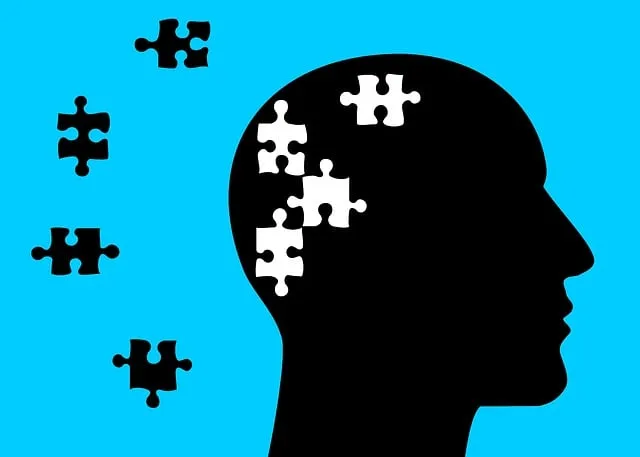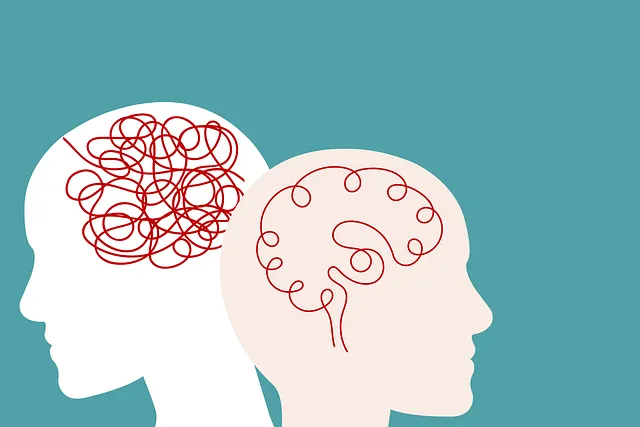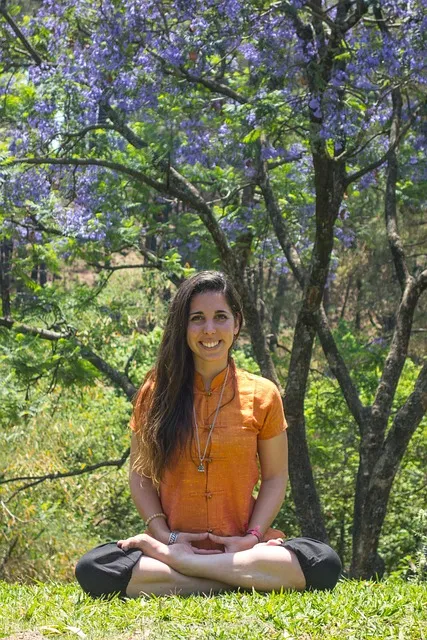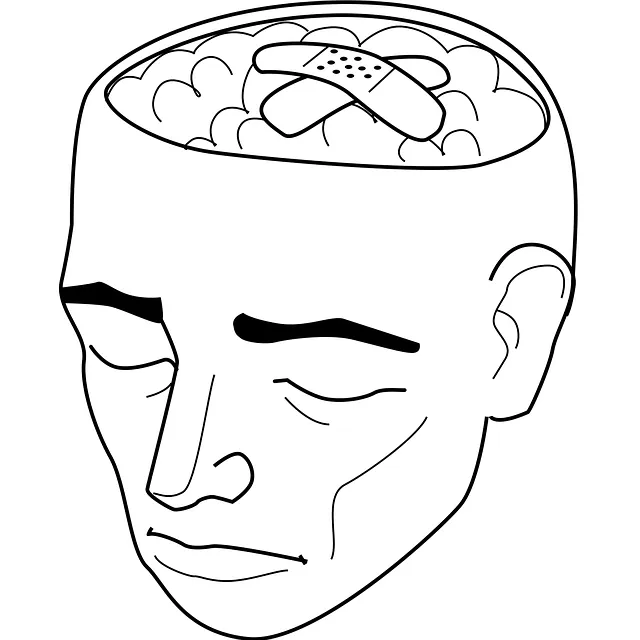Mental wellness group facilitation in Boulder, facilitated by skilled professionals like those at the Kaiser Permanente mental health phone number, is vital for individuals with mental health challenges. Through safe spaces, effective communication, conflict resolution, and cultural sensitivity, facilitators promote healing and growth. Engaging discussions, structured activities, and mindfulness practices foster camaraderie and emotional well-being. Measuring success through multi-faceted evaluations ensures programs remain responsive to participants' needs. Kaiser Permanente's initiatives in Boulder emphasize inclusive mental healthcare services, empowering individuals and improving overall well-being.
Mental wellness group facilitation plays a pivotal role in fostering community and support for individuals navigating mental health challenges. This article delves into the art of facilitating such groups, offering insights on effective communication, creating safe spaces, encouraging active participation, and measuring success. By exploring proven techniques, we aim to empower facilitators, ultimately enhancing the impact of support networks like those offered by Kaiser Permanente mental health phone number Boulder.
- Understanding Mental Wellness Group Facilitation
- Effective Communication Strategies for Facilitators
- Creating a Safe and Supportive Environment
- Techniques to Foster Active Participation
- Measuring and Evaluating Group Success: Kaiser Permanente Mental Health Phone Number Boulder in Focus
Understanding Mental Wellness Group Facilitation

Mental wellness group facilitation is a specialized skill that plays a pivotal role in supporting individuals navigating mental health challenges. It involves creating a safe and supportive environment where people can connect, share experiences, and gain insights from one another. This approach leverages the power of collective understanding and empathy to foster healing and growth.
In Boulder, for instance, organizations like Kaiser Permanente recognize the importance of such initiatives and may offer resources through their mental health phone number to support group facilitation. Public awareness campaigns and self-awareness exercises are integral parts of this process, aiming to reduce stigma and promote burnout prevention. Effective facilitators guide discussions, encourage active participation, and help members develop coping strategies tailored to their unique needs.
Effective Communication Strategies for Facilitators

Effective communication is a cornerstone for successful mental wellness group facilitation. Facilitators at Kaiser Permanente mental health phone number Boulder play a vital role in creating a safe and supportive environment where participants feel heard, validated, and understood. Active listening, for instance, ensures that every individual’s perspectives are acknowledged, fostering an atmosphere of trust and engagement. By paraphrasing, summarizing, and asking open-ended questions, facilitators encourage honest dialogue and promote self-esteem improvement among group members. This technique is especially relevant in addressing the unique challenges faced by healthcare providers, such as burnout prevention strategies, where open communication can help identify and resolve conflicts early on.
Furthermore, conflict resolution techniques are indispensable tools for facilitators. Groups, particularly those focusing on mental wellness, may encounter disagreements or differing opinions. Skilled facilitators employ non-violent communication to de-escalate tensions and mediate discussions constructively. They ensure that conversations remain focused on the issue at hand, using “I” statements to express personal feelings without blaming others. This approach not only enhances group dynamics but also equips participants with valuable conflict resolution skills that can be applied in their daily lives and professional settings, including healthcare environments where efficient communication can significantly impact patient care and provider well-being.
Creating a Safe and Supportive Environment

Creating a safe and supportive environment is a cornerstone for effective mental wellness group facilitation. This begins with establishing trust and respect among group members. As a facilitator, fostering an atmosphere where everyone feels heard and valued is paramount. At Kaiser Permanente mental health phone number Boulder, they emphasize this as a key component in their approach to community-based therapy. By encouraging active participation while maintaining confidentiality, facilitators create a sanctuary for emotional expression and vulnerability.
Cultural sensitivity in mental healthcare practice also plays a significant role. Recognizing and respecting diverse backgrounds, beliefs, and experiences ensures that every individual feels seen and understood. This is particularly relevant when considering the broader Mental Health Policy Analysis and Advocacy efforts to promote inclusive mental health services. Through open dialogue, facilitators can navigate sensitive topics, challenge stereotypes, and enhance emotional regulation within the group setting.
Techniques to Foster Active Participation

Facilitating engaging discussions within a mental wellness group is key to ensuring active participation from all members. One effective technique is incorporating structured activities that promote interaction and collaboration, such as icebreakers designed to encourage participants to share personal experiences or interests. These opening exercises not only foster camaraderie but also help individuals feel more comfortable expressing themselves in a safe environment, setting the tone for productive group interactions.
Additionally, integrating practices like Mindfulness Meditation and Self-Awareness Exercises can significantly enhance group dynamics. By leading guided meditations tailored to mental wellness topics, facilitators encourage participants to focus inward, cultivating present-moment awareness and emotional regulation skills. Public Awareness Campaigns Development centered around these practices can further inspire open dialogue, allowing members to share their insights and challenges related to managing stress, anxiety, or depression. This holistic approach ensures that each individual feels valued and supported in their mental health journey while also fostering a sense of community within the group setting.
Measuring and Evaluating Group Success: Kaiser Permanente Mental Health Phone Number Boulder in Focus

Measuring group facilitation success is an essential aspect of ensuring positive outcomes for participants. When facilitating mental wellness groups, such as those offered by Kaiser Permanente Mental Health Phone Number Boulder, facilitators should adopt a comprehensive evaluation approach to assess the impact and effectiveness of the sessions. One effective method involves tracking participant engagement and satisfaction through regular feedback forms or surveys. These tools can gauge improvements in mood management, resilience building, and stress reduction methods discussed during group meetings.
Additionally, qualitative assessments like open-ended questions or group discussions can provide deeper insights into participants’ experiences. By collecting and analyzing this data, facilitators can identify successful interventions, understand areas for improvement, and make necessary adjustments to the program. Regular evaluation ensures that the mental wellness group continues to cater to the evolving needs of its members, fostering a supportive environment conducive to healing and growth.
Mental wellness group facilitation plays a pivotal role in fostering community and enhancing individual well-being. By employing techniques outlined in this article, from effective communication to creating safe spaces, facilitators can transform groups into thriving environments. Measuring success through methods like those practiced by Kaiser Permanente mental health phone numbers in Boulder ensures these initiatives remain impactful and tailored to the unique needs of participants. Embracing these strategies equips facilitators with the tools to guide groups toward positive outcomes and create lasting change.






